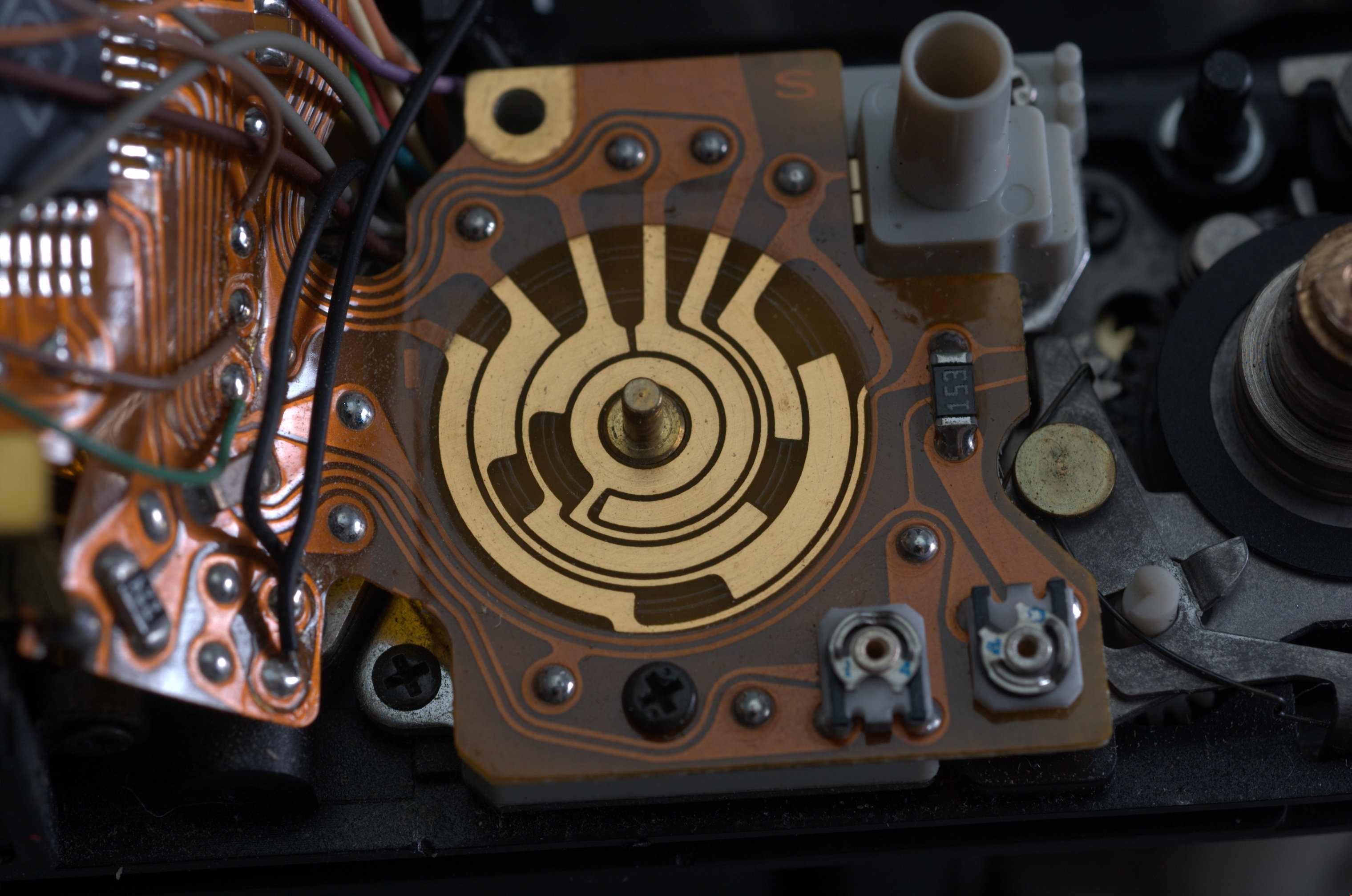The computer and the LMS for an online or hybrid class are merely a medium. Still, so many instructors and students in technologically-enhanced classes spend the majority of their time grappling (and coming to terms) not with the ideas of the class but with the delivery device. We struggle to log in, to format our work correctly, to find information in an endless parade of contextual menus, and to bring some semblance of ourselves into the interactions we have in forums and chat tools.
When we gather to discuss our experiences as teachers and students in online and hybrid classes, we often end up talking more about technology than about the subjects we’re studying/teaching. For me, this is like sitting down to write an essay with pen and paper and becoming distracted by ruminations about the nature of No. 2 pencils and loose-leaf paper. Likewise, discussions of digital pedagogy can quickly become preoccupied with best practices for using technology and not best practices for teaching. So often, we allow the bells and whistles of new-fangled technological tools dictate our pedagogy, rather than having our pedagogy arise organically from a critical interrogation of those tools and the subjects and students of a particular course.
When technology fails us, as it so often does, our impulse is to become even more preoccupied with it. I often encounter students and fellow teachers in a state of utter panic about the failures of technology in their classes. For example, I very frequently get e-mails from my students about their inability to electronically-submit an assignment for a course. I went paperless in my land-based classes years ago, so I get the same sorts of e-mails no matter the sort of class I’m teaching. The conversation begins with something like, “I’ve tried to upload my assignment before the deadline, but I can’t because of . . . and . . . and then . . .,” a narrative of endless technological failures. The message ends with a plea: “What should I do? Is there any way that you will still accept my work?” Exclamation marks are quite common in these e-mails, which is just one of the many indicators of ensuing panic.
I respond quickly and calmly with something like, “Of course, I’m happy to accept your work for full credit. Feel free to e-mail it to me when you can. My hope is that technology will not become a barrier for learning in this course. When it does, just assume that I will be understanding.” My goal is to have students focusing on the quality of their work and the integrity of their learning experience. When technology fails, there is always a fallback. Certainly, one of the secondary goals of my classes is to help students become more proficient at working online; however, the primary goal is for students to engage with the subject-matter of the course. I want them to spend more time thinking about their work and less time thinking (and fretting) about the delivery device.

